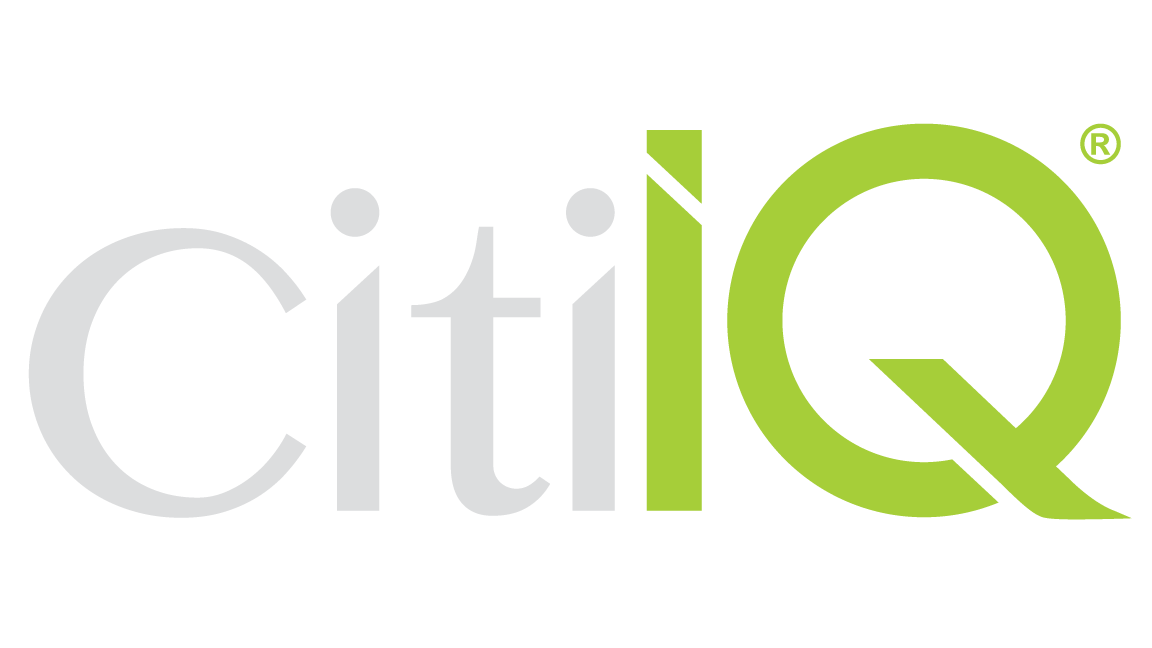The Need to Measure a City
Modern cities face unprecedented challenges. The traditional governance concerns of a city are difficult enough, but leaders and decision makers now face the overwhelming responsibility for rapid population growth, unforeseen migration, social exclusion and inequality, as well as issues surrounding climate change and sustainability.
People generally believe that cities offer an improved way of life. This is resulting in a dramatic urban surge, placing significant strain on municipal resources across the globe.
The United Nations forecasts the most acute urban growth to occur within the continents of Africa and Asia, where urban populations are expected to exceed twice their current size. Over the next 30 years, global trends are expected to result in urban growth equating to 250 additional cities with a population of 10 million.
These challenges provide a unique opportunity for city leadership to harness the potential of creative, human-centric design strategies. The willingness to honestly assess the strengths and weaknesses of one’s city, acquire accurate and meaningful data, and set measurable objectives are three critical elements of an effective approach.
CitiIQ is working to become the global standard of measurement for the health and wellbeing of a city. We have developed a diagnostic tool that offers a comprehensive, objective view of the elements of a city, based on scientific expertise and real data.
Globally accessible using a licensed cloud-based interface, the CitiIQ measurement system represents a strong step toward effectively knowing and addressing the priorities and opportunities of a city.

